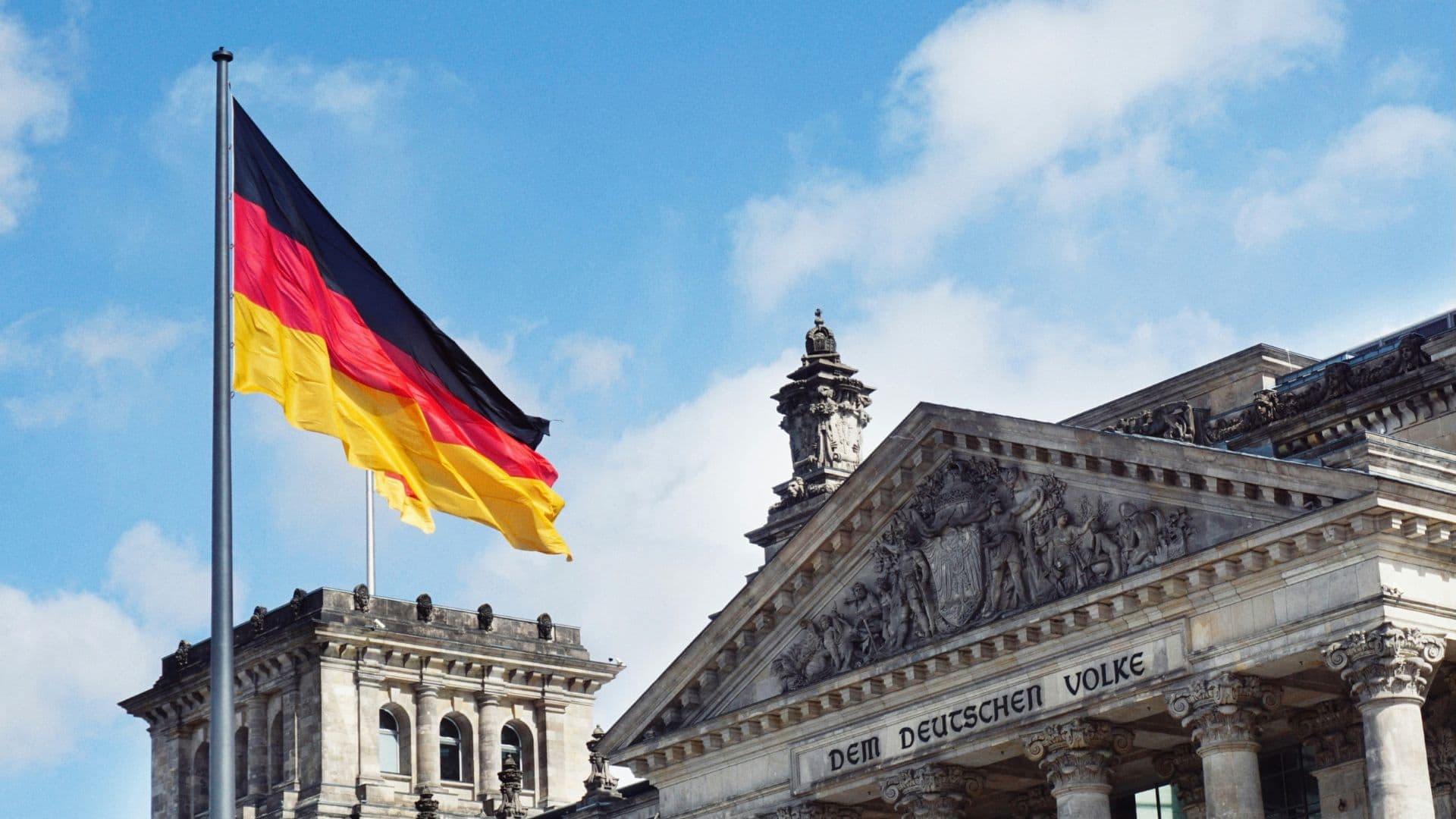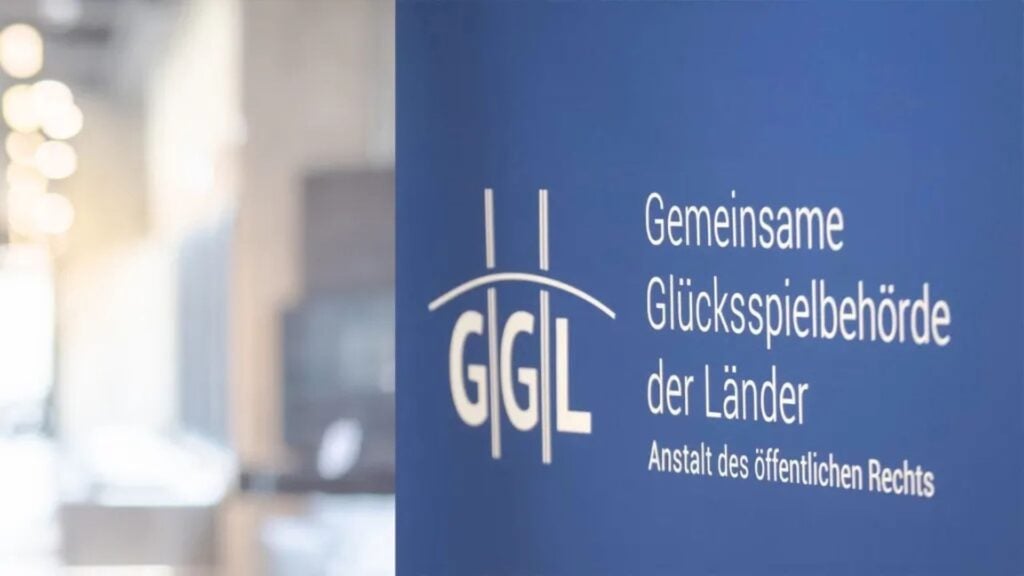
The German gambling market recorded a downturn in the second quarter of 2025, based on the report by the country’s gambling regulator, the Gemeinsame Glücksspielbehörde der Länder (GGL).
GGL’s first quarterly report has shown that total stakes fell to €3.22 billion, marking a decline from the €3.5 billion wagered during the year’s opening quarter.
A closer breakdown sees online poker stakes decreased from €204 million in Q1 to €184 million in Q2. Meanwhile, virtual slots saw a modest increase, rising from €1.1 billion to €1.12 billion over the same period.
The GGL attributed the overall decline to the ongoing impact of the State Treaty on Gaming 2021 (GluStV), which reshaped the regulatory framework for online gambling and sports betting.
GGL’s Q2 report shows regulatory impact, black market growth

The current regulatory framework imposes strict advertising rules, a €1 stake limit on online slots, and a €1,000 monthly deposit cap for players across all licensed casino platforms. Operators are also required to pay a five percent stake-based tax.
While these reforms aim to enhance player protection, the GGL noted that they have inadvertently boosted the illegal gambling market. Estimates suggest unlicensed operators account for 25 percent of all gambling activity, though some sources claim the figure could be as high as 50 percent.
GGL’s 2024 Activity Report revealed 858 German-language websites operated by 212 unlicensed operators. In response, the GGL shut down 231 illegal websites and blocked 657 others using automated geo-blocking tools.
Despite these measures, unlicensed platforms continue to thrive by using evasive methods. GGL CEO Richard Benter pointed to the use of “cloaking” tactics, which allow illegal operators to display one version of a website to users and another to search engines, effectively bypassing restrictions.
“This fight requires close cooperation with international partners. Equally crucial are clear and uniform frameworks for the legal market that ensure the protection of players and apply equally to all permitted providers,” the GGL stated in the conference report.
Germany’s regulated gambling sector generated €14.4 billion in 2024, representing a five percent year-on-year increase. Yet, the scale of the black market suggests the overall industry is much larger than official figures reflect.
Now, the future of Germany’s gambling industry will be shaped by how effectively authorities can curb illegal activity without stifling regulated growth.







